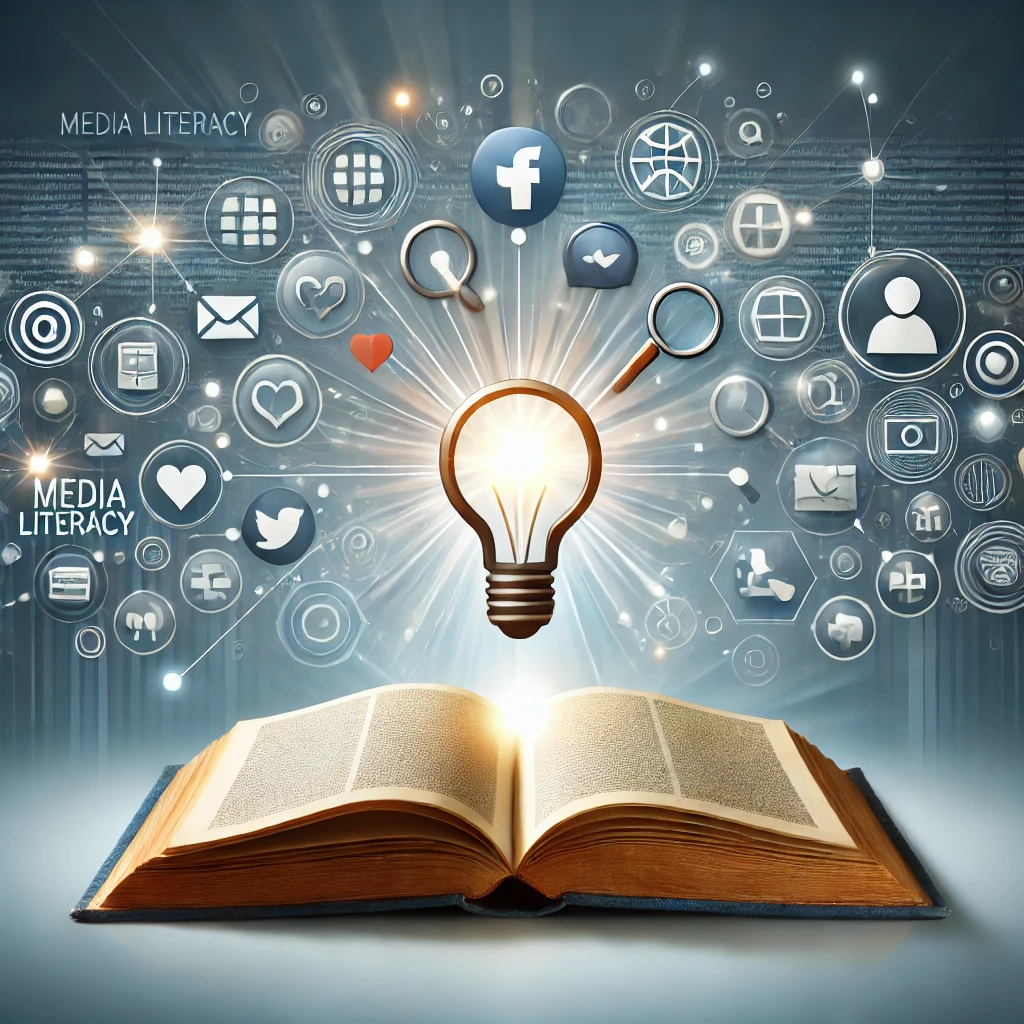The Digital Disruption
The technological revolution has redefined how we consume information and entertainment, and reading has been caught in the crossfire. While technology has brought unprecedented access to knowledge, it has also reshaped attention spans and altered how people engage with text. In this part of the series, we explore how the rise of screens has transformed reading habits and examine whether digital media is complementing or replacing traditional reading.
Screens Versus Pages
The competition between screens and pages is more than a format preference; it reflects a deeper shift in cognitive and cultural priorities.
The Allure of Instant Gratification Digital devices are designed to deliver instant feedback, whether through social media likes, video autoplay, or quick search results. This immediacy makes traditional reading—which requires sustained effort and delayed rewards—seem less appealing.
Fragmented Attention Screens encourage multitasking and fragmented attention. Even when reading digital books or articles, users are often interrupted by notifications, ads, or the temptation to switch to another app. This fractured engagement prevents deep reading, a cognitive state necessary for comprehension and critical thinking.
The Rise of E-Books and Audiobooks
Digital alternatives to traditional books, such as e-books and audiobooks, have gained popularity. While these formats have made reading more accessible, they also introduce challenges.
Pros of Digital Formats
- Convenience: E-books and audiobooks allow readers to carry entire libraries in their pockets and consume content while commuting or exercising.
- Accessibility: Digital books can be more affordable and accessible, especially in remote areas or for people with disabilities.
Cons of Digital Formats
- Superficial Engagement: Studies suggest that reading on screens often leads to skimming rather than deep comprehension.
- Multitasking Mentality: Many audiobook listeners multitask, reducing the mental focus required for immersive reading.
Social Media and the Death of Depth
Social media platforms like Twitter (now X), Instagram, and TikTok have popularized bite-sized content, catering to shrinking attention spans.
The Shift to Visual Content The dominance of images and videos over text on social media platforms has deprioritized traditional reading. Algorithms favor quick, engaging visuals, making long-form content less visible and less consumed.
Algorithmic Influence Social media algorithms curate content based on engagement, often prioritizing sensationalism over substance. This trend discourages thoughtful reading and critical engagement with complex topics.
The “Infinite Scroll” Phenomenon
The infinite scroll—a design feature allowing users to consume endless content without interruption—is emblematic of how technology keeps users hooked.
Psychological Impacts This design exploits dopamine-driven reward systems, making it difficult for users to put their devices down. As a result, activities like reading, which lack these immediate feedback loops, are increasingly neglected.
Time Displacement The time spent on scrolling through social media and streaming services often replaces time that could be spent reading. Studies show that the average person spends over two hours daily on social media—time that could otherwise be invested in reading.
Educational Shifts in the Digital Era
Technology has also changed how reading is taught and perceived in educational settings.
Digital Natives Today’s students, often called “digital natives,” are accustomed to screens from an early age. While they are adept at navigating digital content, they may struggle with the sustained focus required for traditional reading.
Gamification and Learning Apps Educational apps and gamified platforms aim to make reading more engaging. While these tools have potential, they risk reducing reading to a mere activity for earning points rather than fostering genuine comprehension and enjoyment.
The Role of Tech Companies
Technology companies play a significant role in shaping reading habits, often prioritizing profit over education or enrichment.
The Attention Economy Companies compete for user attention, designing platforms that encourage endless engagement rather than thoughtful consumption. This business model directly undermines the deep focus required for reading.
Data Over Depth Tech companies collect vast amounts of user data to refine algorithms and maximize screen time. This focus on data-driven engagement metrics often sidelines the promotion of meaningful, long-form content.
Can Technology and Reading Coexist?
Despite the challenges, technology also offers opportunities to revitalize reading habits.
Promoting Reading Through Social Media Subcultures like BookTok and Bookstagram have introduced new audiences to reading by blending traditional books with the digital world. These communities demonstrate how technology can encourage reading rather than replace it.
Interactive Reading Platforms Apps like Goodreads and platforms that gamify reading experiences can foster community and accountability, encouraging more people to read.
Digital Libraries and Accessibility The rise of online libraries and open-access platforms has made books more accessible to a global audience, breaking down barriers of cost and geography.
A New Paradigm for Reading
The rise of digital media has undoubtedly changed how we engage with text, but it does not have to mean the end of reading. By embracing the benefits of technology while mitigating its drawbacks, we can create a new paradigm for reading—one that balances the depth of traditional practices with the accessibility of modern tools. The challenge lies in reshaping how society values reading in a digital-first world.
Disclaimer:
This multi-part series on the decline of reading was created with the assistance of AI technology. While the content reflects thoughtful research and structured analysis, it was developed collaboratively using AI tools to ensure accuracy and efficiency. Readers are encouraged to engage critically with the material and view it as part of an ongoing conversation about the evolving role of reading in society.




